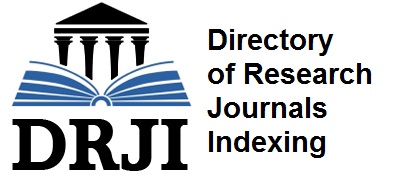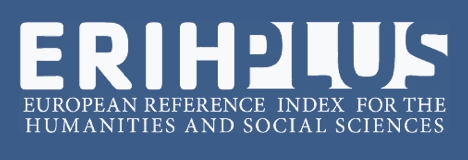Dal Mundus al Globus. L’impresa globale di Magellano nella visione imperiale di Carlo V
From Mundus to Globus. Magellan's global feat in the imperial vision of Charles V
Abstract
Il viaggio intorno al mondo di cui furono protagonisti Magellano, Elcano e Pigafetta rappresentò non solo il primo caso di “globalizzazione compiuta” dal punto di vista odeporico, ma fu anche l’incarnazione di un ideale globale che fu voluto e finanziato, non casualmente, dall’imperatore asburgico quale prima importante azione di politica estera finanziata da Carlo d’Asburgo. Nella complessità di un mondo che in virtù delle grandi esplorazioni geografiche stava mutando volto, Carlo V ebbe l’intuizione di sostenere l’impresa di Magellano per proiettare il proprio potere politico, economico, commerciale e religioso in senso realmente mondiale. Il contributo indaga questa prospettiva mettendo in luce il carattere di globalizzazione insito nella prima circumnavigazione del globo utilizzando la categoria concettuale del mundus che si trasforma in globus.
The voyage around the world of which Magellan, Del Cano and Pigafetta were main characters represented the first case of ‘accomplished globalisation’ from an odeporic point of view. It was also the embodiment of a global ideal that was desired and financed, not by chance, by the Habsburg emperor as the first important foreign policy action financed by Charles, king of Spain. In the complexity of a world that was changing face by virtue of the great geographical explorations, Charles V had the intuition to support Magellan’s enterprise in order to project his imperial political, economic, commercial and religious power in a truly global sense. This contribution focuses on this perspective by highlighting the character of globalisation inherent in the first circumnavigation of the globe using the conceptual category of mundus that turned into globus.

This work is licensed under a Creative Commons Attribution-NonCommercial 4.0 International License.
Authors who publish with this Journal agree to the following terms:
Authors retain copyright and grant the Journal right of first publication with the work simultaneously licensed under a Creative Commons Attribution-NonCommercial 4.0 International License.
This Journal permits and encourages authors to post items submitted to the Journal on personal websites or institutional repositories both prior to and after publication, while providing bibliographic details that credit, if applicable, its publication in this Journal.
















